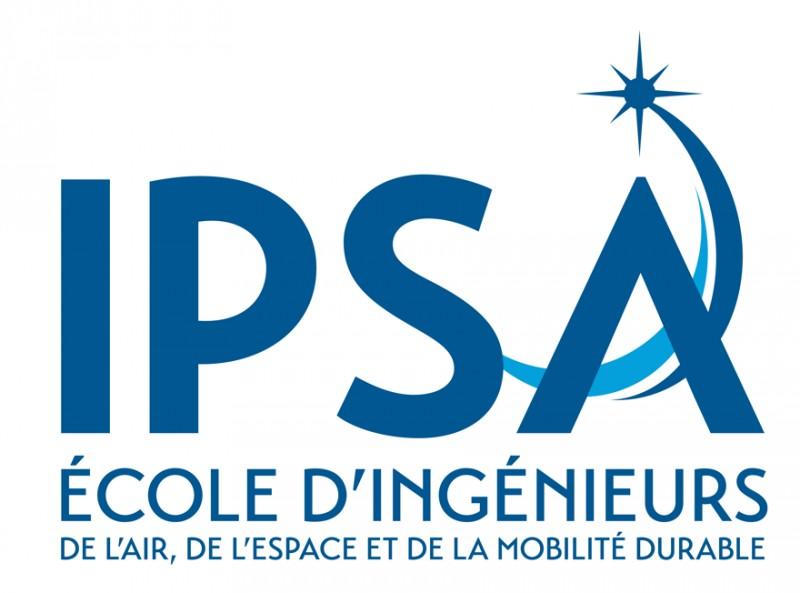Ingénieur de Recherche - Physico-Chimie des Membranes Polymères
| ABG-128230 | Job | Confirmed |
| 2025-01-30 | Permanent | > €45,000 and < €55,000 annual gross |

- Process engineering
- Engineering sciences
Employer
Nelumbo specializes in addressing critical bottlenecks of the semiconductor industry through temporary bonding innovations. Our aim is to offer novel and sustainable solutions from our labs towards large scale semiconductor applications. A notable achievement is the successful application of polymer membranes in facilitating wafer-to-chip transformation, responding to a crucial industrial need. We bring to market a viable and essential solution for wafer bonding and debonding for chip fabrication. This temporary bonding will also enable another key application with semiconductor strain engineering to tune electronic and optical properties.
Position and assignments
Nelumbo is currently seeking a Research Scientist/Engineer specialized in polymer science, highly motivated to play a central role in our company. The successful candidate will lead and support research and development for our polymer membrane processes with conceptualization, characterization, and optimization of temporary adhesives for microelectronic wafer applications.
Geographic mobility:
Telework
Starting date
Profile
Temporary Wafer Bonding: Wafer-to-chip transformation
The position entails active involvement in the theoretical and experimental aspects of polymer science. The process involves the use of the polymers from wafer bonding to chip fabrication. The work will be focused on solution preparation, coating techniques and bonding and debonding procedures. The applicant will use advanced characterization methodologies available at the Nano Characterisation Platform of the IRIG Institute (PFNC-CEA) to optimize the final process. The primary aim is to enhance temporary wafer bonding, as it provides mechanical support and stability to extremely thin semiconductor wafers during processing steps.
Temporary Wafer Bonding: Semiconductor membrane straining
These polymer membranes will be further utilized to modify the optical and electronic properties of semiconductor materials through mechanical deformation. This innovative approach introduces critical enhancement of the physical properties of semiconductors and perovskite structures at unprecedented precision and levels. The published work shows significant potential across various applications, including microLED displays, MOSFETs, and quantum bits. This breakthrough in materials performance opens a myriad of new optoelectronic devices.
Candidate role and responsibilities
The ideal candidate will have a strong scientific background in polymer science and engineering, with expertise in translating complex physics and chemistry concepts into innovative solutions for polymer behaviors during wafer processing. Key responsibilities include developing and optimizing polymer membrane for bonding and debonding functionalities for wafer processing, as well as investigating polymer material properties such as: adhesion strength, thermal stability, mechanical strength, and chemical resistance to meet customer requirements. Particular focus will be given to the microstructure characterization, studying permeability and diffusion mechanisms in polymers, including migration, swelling, and interface behavior.
Additionally, our technology should enable wafer recycling by minimizing residue generation during wafer debonding, providing a more sustainable and eco-friendly solution for the industry.
The role involves hands-on experimentation with polymer solution preparation, coating, bonding and debonding processes, and advanced characterization techniques, ideally extending to polymer synthesis. A myriad of tools available at the PFNC — including scanning electron microscopy (SEM), X-ray diffraction imaging, ellipsometry, optical reflectometry, thermomechanical analysis, and photoluminescence — will support in-depth analysis of these systems. Data analysis will play a crucial role in driving insights to improve membrane performance under various processing conditThe ideal candidate will have a strong scientific background in polymer science and engineering, with expertise in translating complex physics and chemistry concepts into innovative solutions for polymer behaviors during wafer processing. Key responsibilities include developing and optimizing polymer membrane for bonding and debonding functionalities for wafer processing, as well as investigating polymer material properties such as: adhesion strength, thermal stability, mechanical strength, and chemical resistance to meet customer requirements. Particular focusions. Additionally, the Research Engineer will stay up-to-date with the latest advancements in polymer science and wafer processing technologies to identify innovative solutions and maintain a competitive edge.
Additional responsibilities include preparing technical reports and presentations to communicate research findings effectively, and participating in shows and conferences in the field of expertise to disseminate the capabilities of our techniques to the technical and scientific community.
Goals
● Develop and optimize polymer membranes tailored for bonding and debonding systems used in wafer processing.
● Investigate polymer material properties, including adhesion, thermal stability, permeability, and mechanical strength, to meet the specific demands of wafer handling.
● Perform hands-on experimentation, including polymer solution making, coating processes, and advanced characterization techniques. This can be even extended to polymer synthesis when possible.
● Work with the PFNC to use characterization instruments such as SEM, photoluminescence, optical reflectometry, ellipsometry, etc.
● Work at the European Synchrotron for X-ray diffraction imaging.
● Analyze data to provide insights for improving membrane performance under various processing conditions, such as grinding, dicing, and steam debonding.
● Stay up-to-date with the latest advancements in polymer science and wafer processing technologies to identify innovative solutions and maintain a competitive edge.
● Propose novel ways of using the polymers to fix the strain in semiconductor materials.
● Prepare technical reports and presentations to communicate research findings effectively.
● Participate in exhibitions and conferences in the field of expertise to disseminate to the technical and scientific community the capabilities of our techniques.
Vous avez déjà un compte ?
Nouvel utilisateur ?
Get ABG’s monthly newsletters including news, job offers, grants & fellowships and a selection of relevant events…
Discover our members
 Laboratoire National de Métrologie et d'Essais - LNE
Laboratoire National de Métrologie et d'Essais - LNE  Tecknowmetrix
Tecknowmetrix  TotalEnergies
TotalEnergies  Nokia Bell Labs France
Nokia Bell Labs France  ONERA - The French Aerospace Lab
ONERA - The French Aerospace Lab  Généthon
Généthon  PhDOOC
PhDOOC  MabDesign
MabDesign  ADEME
ADEME  Ifremer
Ifremer  CASDEN
CASDEN  SUEZ
SUEZ  CESI
CESI  ANRT
ANRT  Institut Sup'biotech de Paris
Institut Sup'biotech de Paris  Aérocentre, Pôle d'excellence régional
Aérocentre, Pôle d'excellence régional  MabDesign
MabDesign  ASNR - Autorité de sûreté nucléaire et de radioprotection - Siège
ASNR - Autorité de sûreté nucléaire et de radioprotection - Siège  Groupe AFNOR - Association française de normalisation
Groupe AFNOR - Association française de normalisation
-
JobPermanentRef. ABG129192Association Bernard Gregory (ABG)Paris (3ème) - Ile-de-France - France

Business Developer (F/H)
Open to all scientific expertisesAny -
JobPermanentRef. ABG128969Institut Polytechnique des Sciences Avancées - IPSAToulouse - Occitanie - France

Enseignant-chercheur en Mécanique des fluides numérique
Open to all scientific expertisesAny







